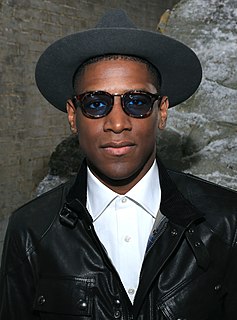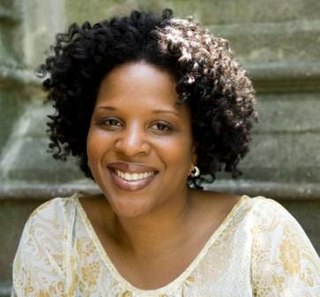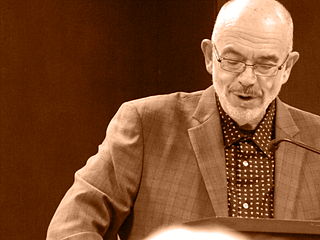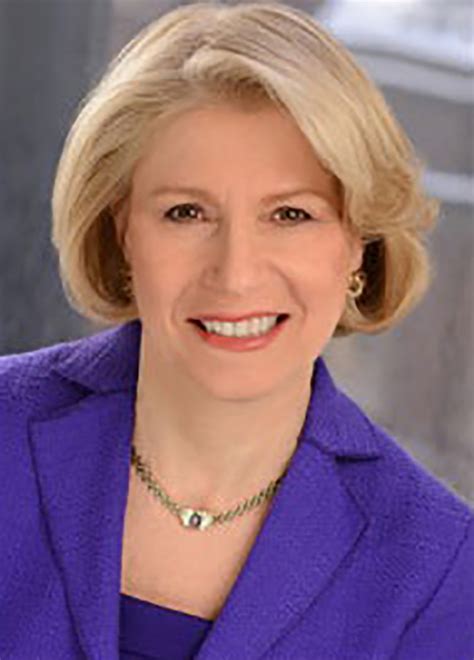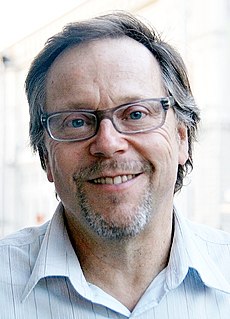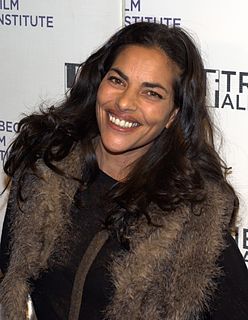A Quote by Zoe Kazan
You set up the story, but the characters start talking, and they go places that you didn't expect. You have to follow.
Related Quotes
I think at some level, it's just alchemy that we, as writers, can't explain when we write the characters. I don't set out to create the characters - they're not, to me, collections of quirks that I can put together. I discover the characters, instead. I usually go through a standard set of interview questions with the character in the beginning and ask the vital stuff: What's important to you? What do you love? Hate? Fear? .. and then I know where to start. But the characters just grow on their own, at a certain point. And start surprising me.
The thing I always guard against when I'm talking to people I'm working with about a script is that there's a thing I don't like and it's called "talk story." It's when you're talking about the story; the characters are tasked with talking about the story instead of allowing the audience to experience the story.
When you start writing, you have your characters on a metaphorical paved road, and as they go down it, all these other roads become available that they can go down. And a lot of writers have roadblocks in front of those roads: they won’t allow their characters to go down those roads... I’ve never put any roadblocks on any of these paths. My characters can go wherever they would naturally go, and I’ll follow them.
People come, people go – they’ll drift in and out of your life, almost like characters in a favorite book. When you finally close the cover, the characters have told their story and you start up again with another book, complete with new characters and adventures. Then you find yourself focusing on the new ones, not the ones from the past.
One easy mistake to make with the first novel is to expand the short story. Some things are better as a story; you cannot dilute things into a novel. I think the first hundred pages of a novel are very important. That's where you set things up: the world, the characters. Once you've set that up, it'll be much easier.


